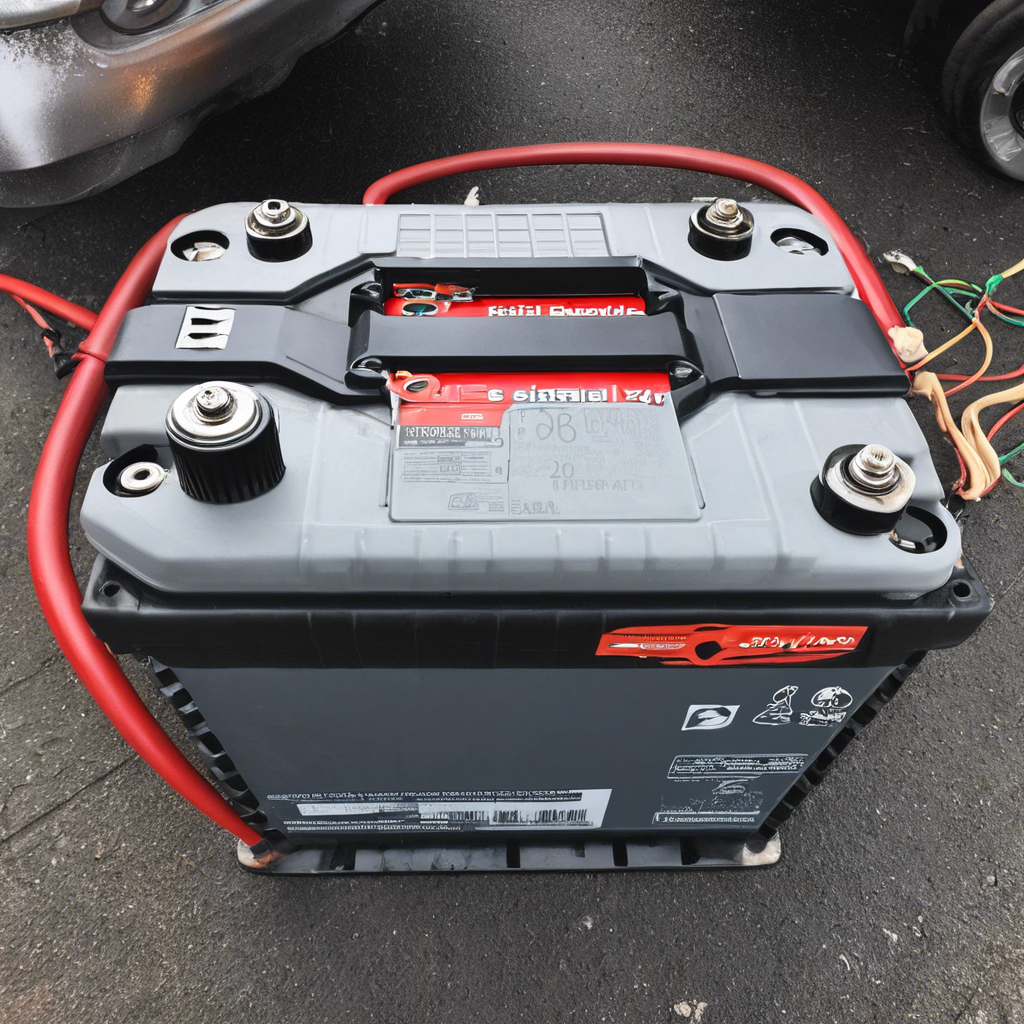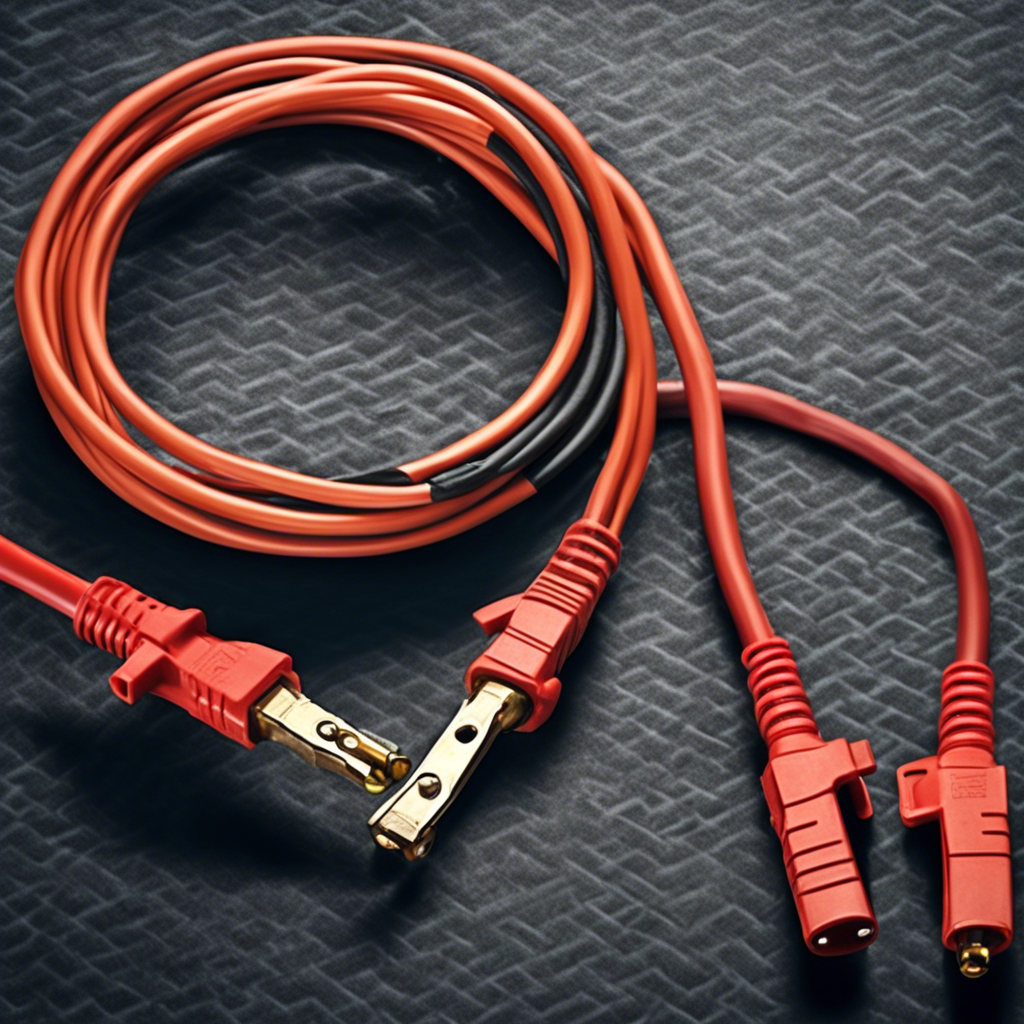Yes, a car battery can shock you if you come into contact with the electrical current flowing through it. Car batteries typically have a voltage of 12 volts, which may seem relatively low compared to the electrical outlets in your home or office, but it is still enough to cause harm if you are not cautious.

The shock from a car battery can occur when the battery terminals or the wires connected to them come in contact with your skin or other conductive materials. This can happen if you accidentally touch the battery terminals while working on the car or if there is a fault in the electrical system that causes the battery to discharge its current through unintended paths.

The severity of the shock will depend on various factors, including the condition of the battery, the amount of moisture present, and the duration of contact. A brief touch on a dry battery may only result in a tingling sensation or a mild shock, while a prolonged contact or a wet battery can result in a more severe shock that may cause pain, muscle spasms, burns, or even cardiac arrest in extreme cases.

To minimize the risk of electric shock from a car battery, it is important to take proper precautions when working with or near battery terminals. Here are some safety tips to keep in mind:
1. Always wear protective gloves and eyewear when working with car batteries. This helps to insulate your skin from direct contact with the battery terminals and protects your eyes from any potential sparks or acid spray.
2. Make sure to disconnect the negative (-) terminal first when disconnecting the battery. This reduces the likelihood of accidentally creating a circuit with a tool or other conductive objects during the disconnection process.
3. Avoid touching both battery terminals with any part of your body or with any conductive tools or objects. Keep in mind that even a small piece of metal, such as a ring or a watch, can cause a short circuit and result in a shock.
4. If you need to clean or work on the battery, disconnect it from the car’s electrical system first. This ensures that there is no power flowing through the battery, reducing the risk of a shock.
5. Store car batteries in a cool, dry place and avoid exposing them to excessive heat or moisture. This helps to prevent any leakage or corrosion that could increase the risk of a shock.
In case of an electric shock from a car battery, it is essential to seek medical attention immediately. While most shocks are not life-threatening, it is always better to err on the side of caution and get checked by a healthcare professional.
In conclusion, car batteries can shock you if you come into contact with the electrical current flowing through them. To minimize the risk of shock, it is crucial to follow safety precautions when working with or near car batteries and seek medical attention in case of an electric shock. Remember, electricity can be dangerous, and it is always better to take proper precautions to protect yourself and others.

